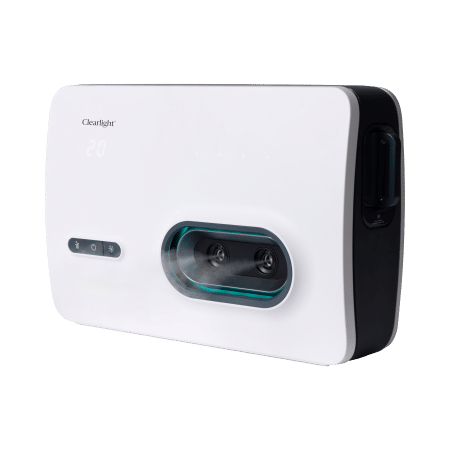The study conducted by Alina Chervinskaya and colleagues from the Clinical Research Rehabilitation Pulmonary Center in St. Petersburg, Russia, and the Clinic of Balneology and Physical Medicine in Ciechocinek, Poland, aimed to evaluate the effectiveness of dry sodium chloride aerosol (DSCA) as an adjunctive therapy for patients with chronic obstructive pulmonary disease (COPD). The research involved 72 patients with moderate to mild COPD, who were randomly divided into two groups: an intervention group (IG) that received inhalations of DSCA for 14 days, and a control group (CG) that received placebo inhalations (room air). The study found that DSCA, which is the primary treatment in speleotherapy and halotherapy, had significant benefits for COPD patients. DSCA is known for its anti-inflammatory properties, ability to enhance bronchi drainage, and improve local immunity, all of which contribute to its therapeutic effects on the respiratory system.
The results indicated that after the rehabilitation therapy (RT), both groups showed clinical improvements. However, the positive effects were more sustained in the intervention group, where improvements in clinical symptoms, health-related quality of life (HRQL), and physical functioning persisted even after three months. In contrast, the control group did not experience the same long-term benefits. These findings suggest that inhalation of DSCA as part of a pulmonary rehabilitation program can offer significant therapeutic benefits, enhancing the effects of traditional COPD treatments. The study concluded that incorporating DSCA inhalations into COPD rehabilitation programs can improve both immediate and long-term clinical outcomes for patients, highlighting the potential role of halotherapy in managing respiratory diseases like COPD.




